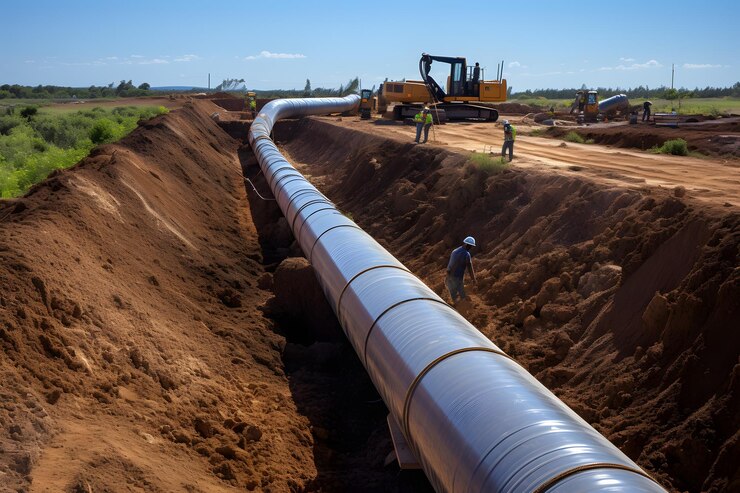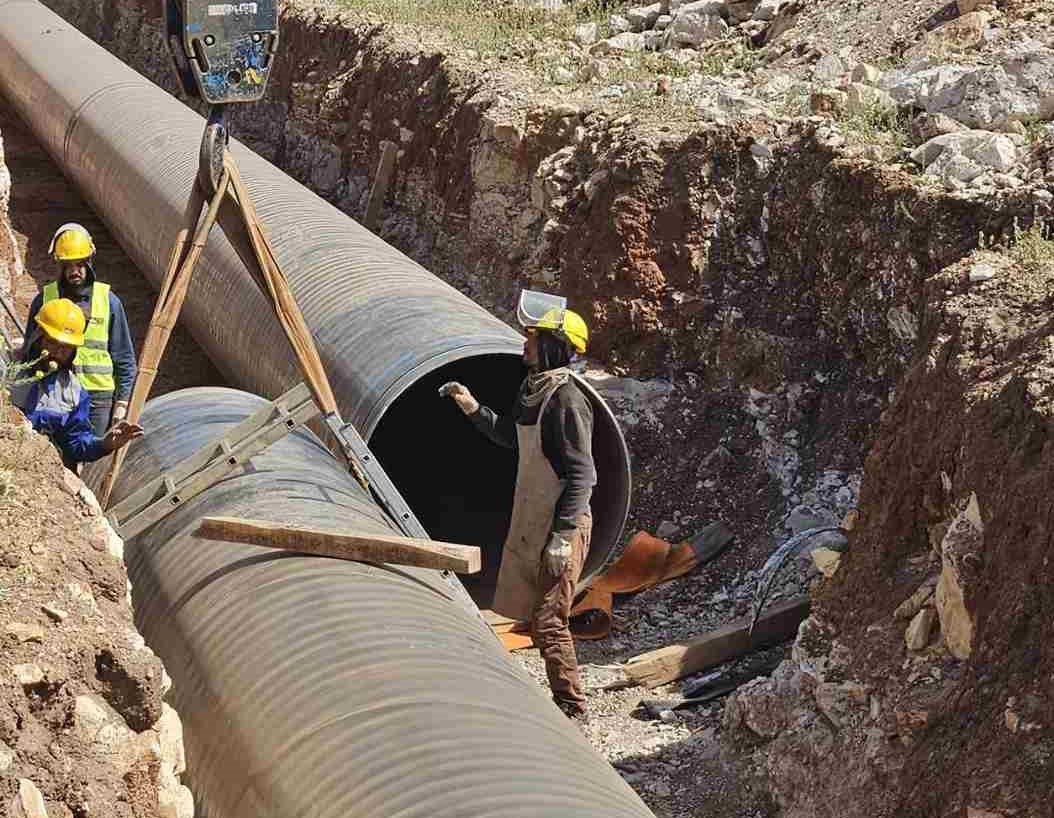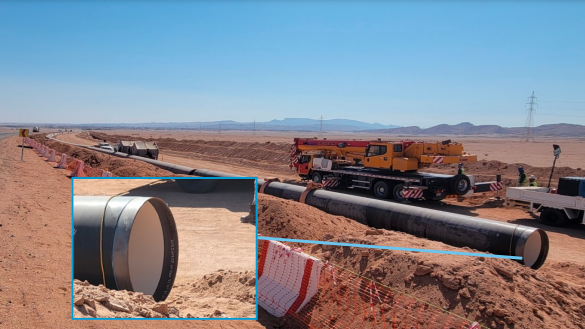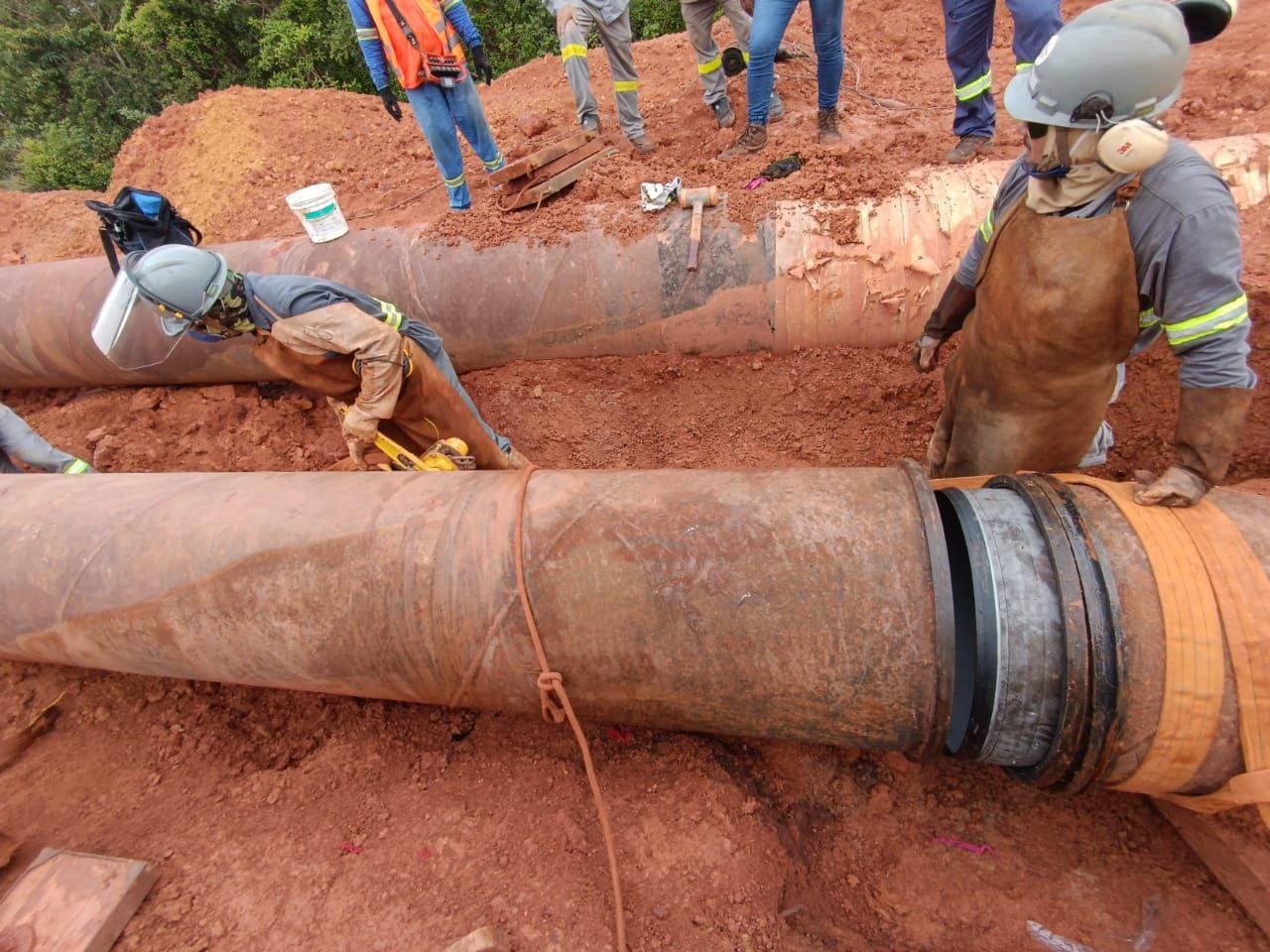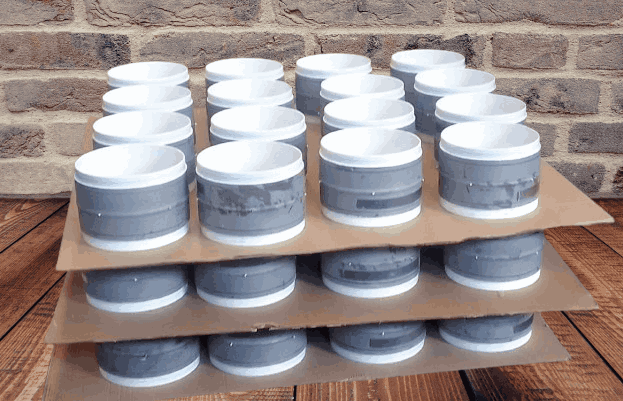8 Effective Ways to Prevent Water Corrosion in Pipes and Expert Strategies.
Let’s get started!
Rusty pipes. Leaky faucets. Discolored water. These are all signs of a common plumbing problem: water corrosion. Corrosion in pipes can not only damage your plumbing system but also lead to health concerns and reduced water quality.
The good news is that there are several effective ways to prevent water corrosion in pipes. In this blog post, we’ll explore eight expert strategies to keep your pipes healthy and your water flowing freely.
Water Corrosion
Before diving into prevention methods, let’s understand what causes water corrosion. Water naturally contains minerals and dissolved gasses, some of which can be corrosive to metal pipes. This corrosion process happens when metal reacts with oxygen or other elements in the water, causing it to deteriorate.
Several factors can accelerate water corrosion, including:
- Pipe Material: Galvanized steel pipes, while once common, are more susceptible to corrosion than copper or PEX pipes.
- Water Chemistry: Highly acidic or basic water (low or high pH) can be more corrosive.
- Water Temperature: Hot water can accelerate corrosion compared to cold water.
- Presence of Oxygen: Dissolved oxygen in water contributes to corrosion.
- Electrolytic Currents: Stray electrical currents can cause localized corrosion.
Furthermore, we suggest reading out “Understanding Internal Corrosion in Pipelines – A Guide to Protecting Your Infrastructure with LPS Technology”
8 Effective Ways to Prevent Water Corrosion in Pipes
Now that we understand the causes of water corrosion, let’s explore strategies to prevent it:
1. Pre-Installation Pipe Cleaning:
For new plumbing installations, ensure proper cleaning of pipes before they are put into service. Debris and contaminants left inside pipes can accelerate corrosion.
2. Adjust Water Alkalinity (pH Level):
Water with a slightly alkaline pH (between 7.0 and 8.5) is less corrosive than acidic water. A qualified plumber can test your water’s pH level and recommend adjustments if needed.
3. Water Treatment with Chlorine or Chloramines:
Municipal water supplies often use chlorine or chloramines as disinfectants. These chemicals can help control bacteria that can contribute to corrosion.
4. Adding Phosphates:
In some cases, adding phosphates to the water supply can create a protective film on the inner pipe surface, slowing down corrosion. However, this method should be implemented by a water treatment professional to ensure proper dosage and avoid unintended consequences.
5. Pipe Linings and Coatings:
For existing metal pipes, consider using linings or coatings to create a barrier between the water and the metal. Common options include galvanization (zinc coating), epoxy linings, and cement mortar linings. These options can extend the lifespan of the pipes.
6. Maintaining Stable Water Pressure:
Fluctuating water pressure can put stress on pipes and lead to leaks and potential corrosion at weak points. A qualified plumber can install a pressure regulator to maintain consistent water pressure in your home.
7. Separating Dissimilar Metals:
When connecting different types of metal pipes, avoid direct contact. This creates a galvanic cell that can accelerate corrosion. Use dielectric unions or insulating materials to separate dissimilar metals.
8. Regular Inspections and Maintenance:
Schedule regular inspections of your plumbing system by a qualified plumber. Early detection of leaks, rust, or other signs of corrosion allows for prompt repairs and helps prevent major issues down the line.
Additional Tips for Preventing Water Corrosion
- Minimize hot water use: As mentioned earlier, hot water can accelerate corrosion. Consider taking shorter showers and using cold water for laundry whenever possible.
- Soften hard water: Hard water, with high mineral content, can contribute to corrosion. A water softener can help reduce mineral buildup in pipes.
- Flush your water heater: Sediment buildup in your water heater can contribute to corrosion in both the heater and the pipes. Regularly flushing your water heater is recommended.
Conclusion
By implementing the above “8 Effective Ways To Prevent Water Corrosion in Pipes” strategies, you can significantly reduce the risk of water corrosion in your pipes. Healthy pipes ensure clean, safe drinking water and prevent costly plumbing repairs. If you’re concerned about water corrosion in your home, don’t hesitate to consult a qualified plumber who can assess your specific situation and recommend the best course of action.
Therefore, with proactive measures, you can enjoy the benefits of a healthy plumbing system for years to come.
Additionally, we suggest reading out “The Backbone of American Industry: Industrial Pipe Welding Services in the USA.”
Frequently Asked Questions About Water Corrosion in Pipes
Here are some frequently asked questions regarding water corrosion in pipes:
1. What are the signs of water corrosion in pipes?
Several signs can indicate water corrosion in your pipes:
- Rusty or discolored water: This is a clear sign that rust particles are flaking off the pipes and contaminating the water.
- Leaks: Corrosion can weaken pipes, leading to leaks and potential water damage.
- Low water pressure: Corrosion buildup can restrict water flow, causing low water pressure.
- Blue or green stains on fixtures: This may indicate copper corrosion, especially if you have copper pipes.
2. How can I test for water corrosion at home?
While a professional plumber can provide a comprehensive assessment, there are a couple of DIY tests you can try:
- Visual inspection: Look for any visible signs of rust on pipes or around faucets.
- Home test kits: Some water test kits can measure the pH level of your water. Remember, a slightly alkaline pH is less corrosive.
3. What are the health risks associated with water corrosion?
Long-term exposure to lead or copper from corroded pipes can pose health risks, especially for young children and pregnant women. However, the extent of the health risk depends on the severity of corrosion and the specific type of metal involved.
- How much does it cost to repair corrosion damage?
The cost of repairing corrosion damage varies depending on the extent of the damage, the type of pipes involved, and the complexity of the repair. Thus, early detection and addressing minor corrosion issues can help prevent the need for costly replacements.
5. What are the benefits of preventing water corrosion?
Preventing water corrosion offers several benefits:
- Improved water quality: Clean, corrosion-free pipes deliver cleaner, safer drinking water.
- Reduced health risks: Minimizes exposure to potential contaminants released by corroded pipes.
- Extended lifespan of plumbing system: Healthy pipes last longer, reducing the need for replacement.
- Reduced plumbing repair costs: Proactive maintenance prevents costly repairs from major corrosion damage.
- Maintains water pressure: Corrosion-free pipes maintain consistent water pressure throughout your home.
6. Are there any eco-friendly ways to prevent water corrosion?
While some methods involve adding chemicals, several eco-friendly approaches can help prevent water corrosion:
- Minimize hot water use: Reducing hot water consumption lowers the rate of corrosion.
- Water conservation: Using less water reduces the overall exposure of pipes to corrosive elements.
- Regular maintenance: Early detection and repairs prevent minor issues from escalating into major problems that require extensive replacements.
By understanding the causes and prevention methods of water corrosion, you can take charge of maintaining a healthy plumbing system in your home. Remember, a proactive approach saves money in the long run, ensures clean drinking water, and protects your health.

